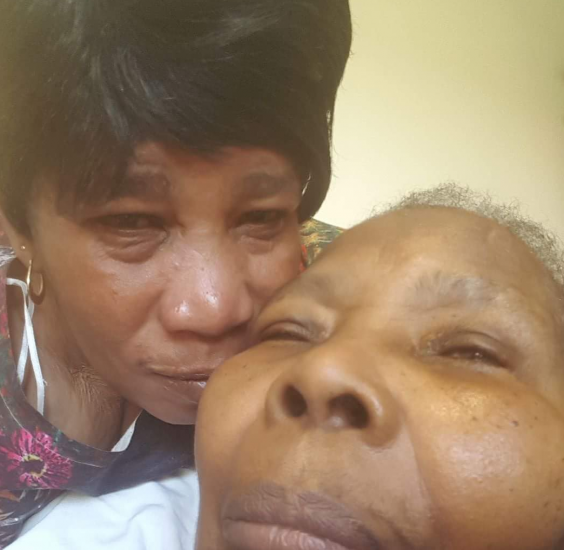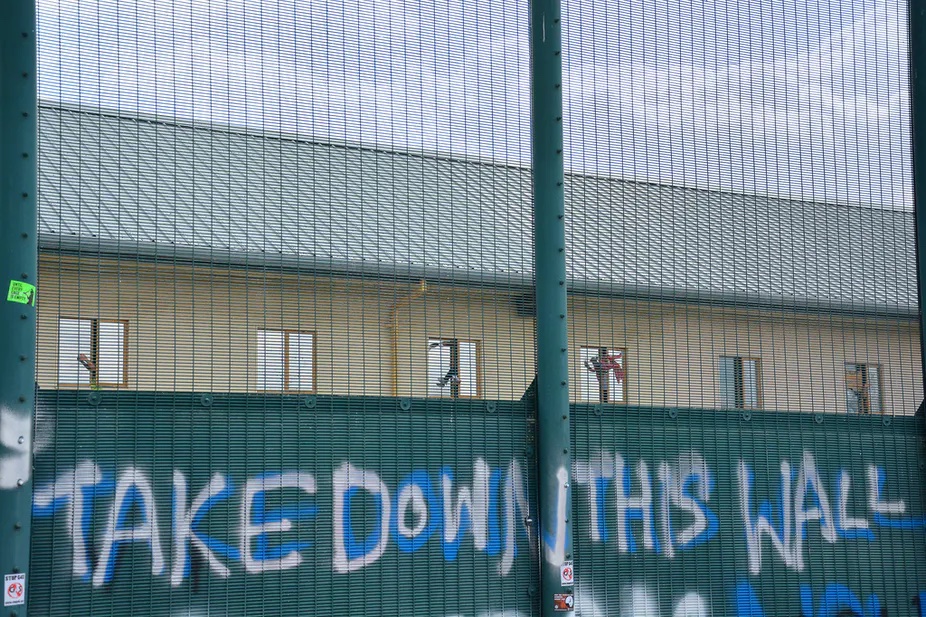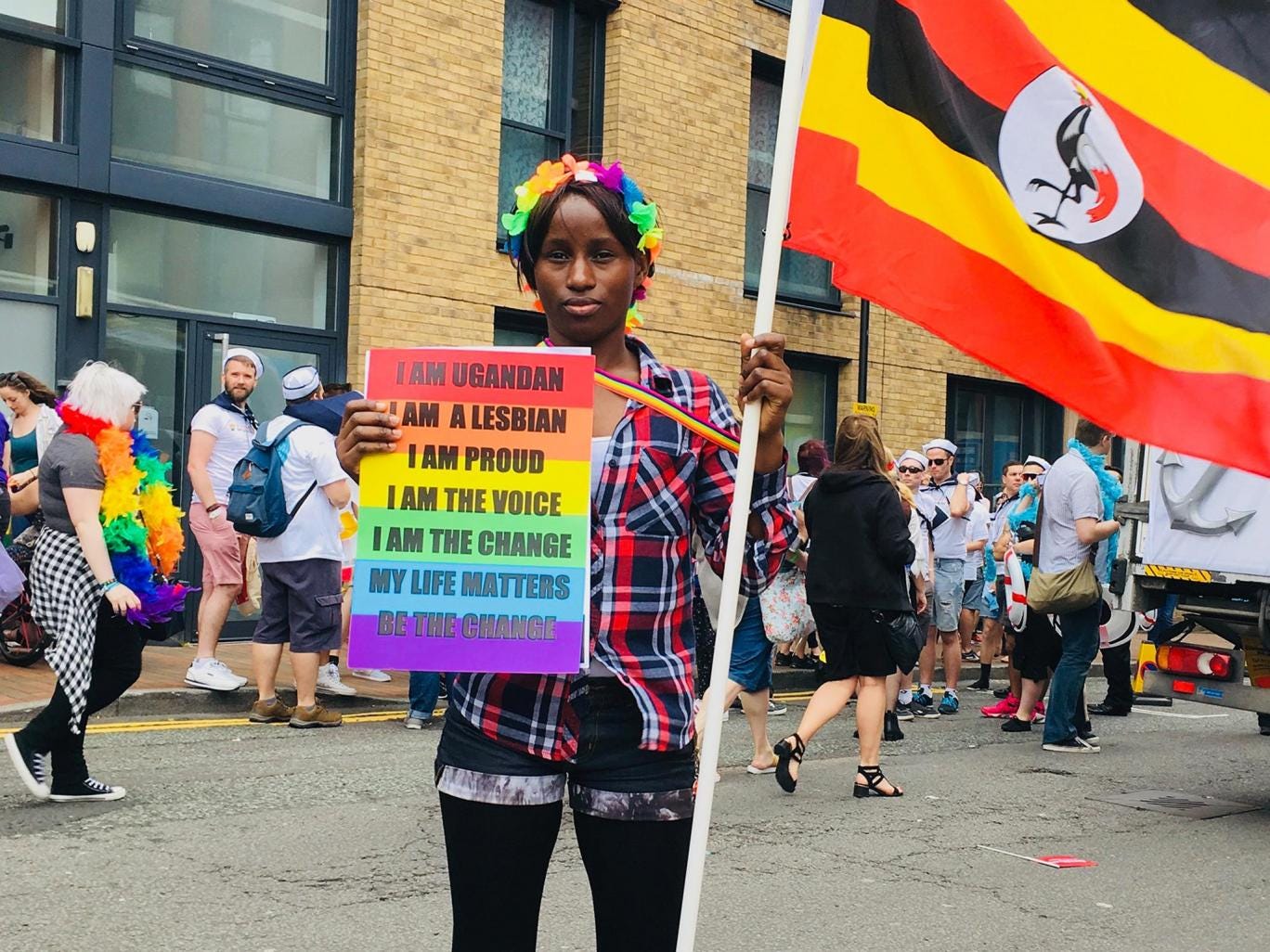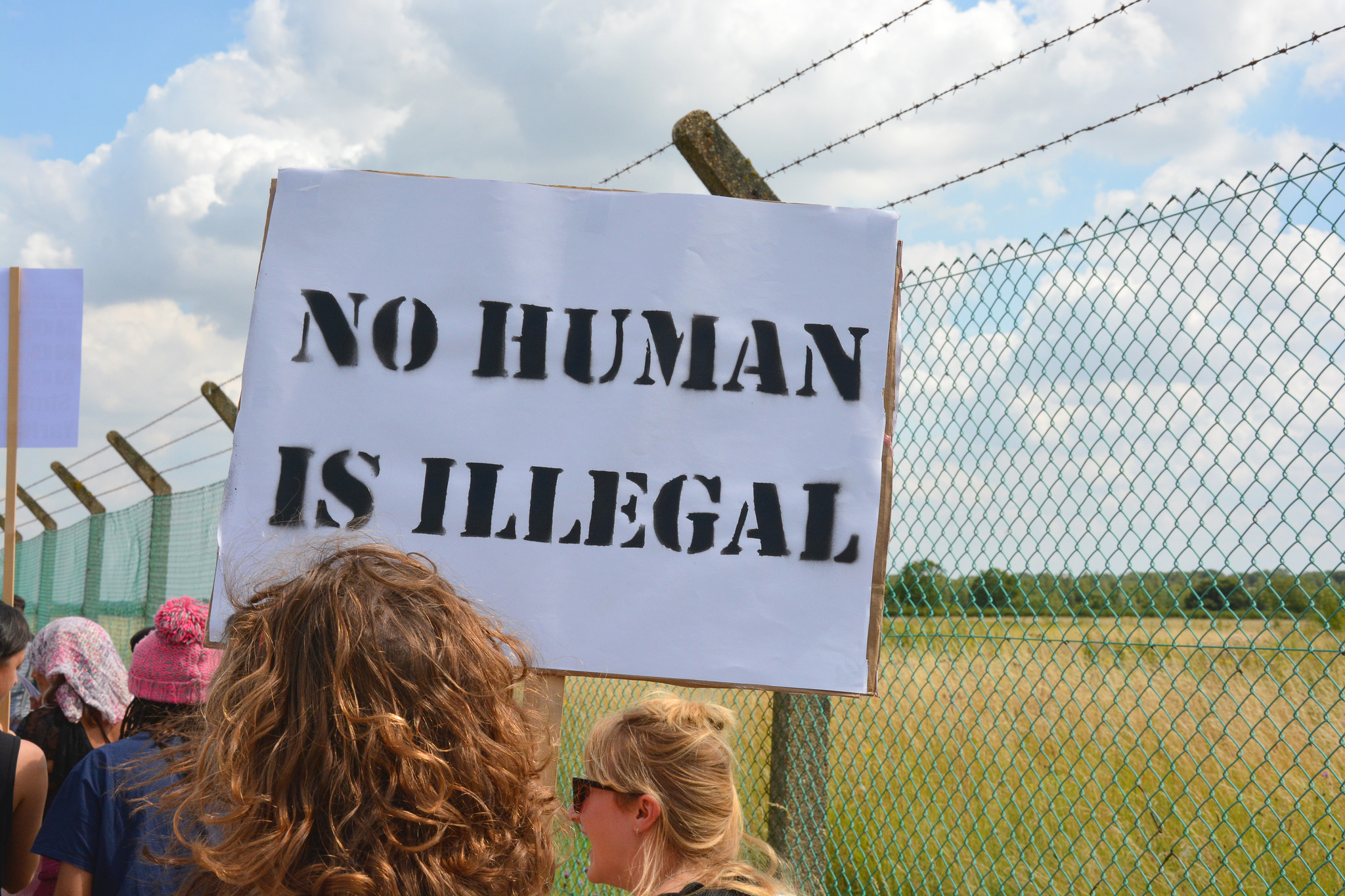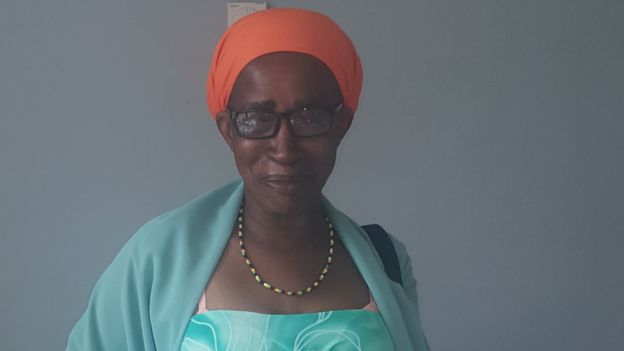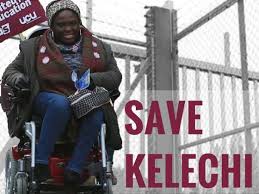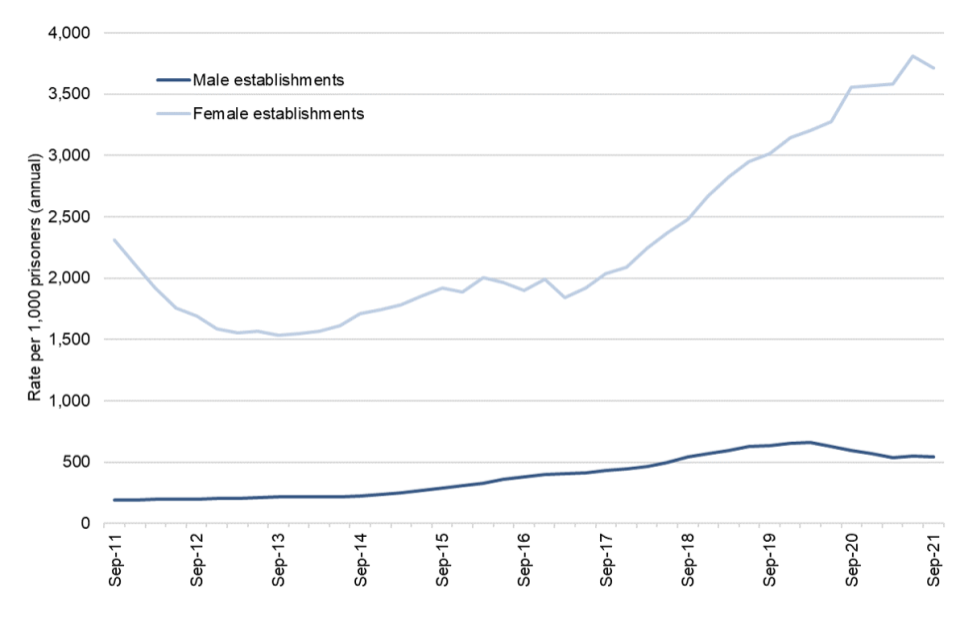
Once upon a time, the word custody meant protection, safekeeping, responsibility for protecting or taking care of. No longer. If one is to take the sorry and sordid output and history of the United Kingdom’s Ministry of Justice, custody today means the power to cage and code for cruelty. It’s that time of the year again when the Ministry releases its in no way long awaited “safety in custody” reports, and, yet again, one can only look at the numbers and wonder. If this is safety in custody, what would danger look like?
And so, without further ado, here’s the Safety in Custody Statistics, England and Wales: Deaths in Prison Custody to December 2021, Assaults and Self-harm to September 2021: “In the 12 months to December 2021, there were 371 deaths in prison custody, an increase of 17% from 318 deaths the previous 12 months … In the most recent quarter there were 84 deaths, a 29% increase from 65 deaths in the previous quarter … [In the 12 months to September 2021] the rate of self-harm incidents per 1,000 prisoners, which takes account of the reduction in the prison population between this and the previous year, decreased 9% in male establishments but increased 5% in female establishments … The rate of assault in male establishments decreased by 15% from the previous 12 months, while the rate in female establishments increased by 3%. Assault rates for the 12 months to September 2021 were higher in female establishments (327 incidents per 1,000 prisoners) than in male establishments (253 incidents per 1,000 prisoners). The rate of assault on staff decreased by 6% in male establishments but increased by 12% in female establishments compared with the previous 12 months. Assault rates have remained higher in female establishments than in male establishments. In the latest quarter, the number of assaults in male establishments increased by 8%, and the number of assaults in female establishments increased by 21%. In the 12 months to September 2021, the proportion of assaults that were on staff was higher in female establishments (56%) than in male establishments (38%).” This is the latest portrait of “safety in custody”.
Since 2011, the rate of self-harm in women’s prisons in England and Wales has risen 61%. That is the trajectory of “safety in custody”.
In the 12 months leading up to December 2021, deaths in custody rose by 14%. Suicides in custody rose by 28%. More than half the suicides occurred within the first 30 days in custody and the first 30 days in the current prison. Prisoners awaiting trial had the highest rate of suicide. Most of the suicides were by hanging.
Last year was the worst for deaths in custody in England and Wales in recorded, documented history. While some of that is attributed to Covid, much of it is systemic. Why is the rate of violence against self and others rising among women in custody? Women In Prison, Hibiscus Initiatives, Muslim Women In Prison, Zahid Mubarek Trust, Criminal Justice Alliance and Agenda: the Alliance for women and girls at risk have spent the last year poring over reports; meeting with everyone, especially “with women with lived experience on the challenges they face at different stages of the criminal justice system, from policing in the community, to courts and sentencing, to prison, to probation and re-entering the community”, and today they released a 10-point action plan for change to end inequality for Black, Asian, minoritized and migrant women in the criminal justice system. Among the many practical, and often common sensical, actions, the fifth calls for the “use of diversion and out of court disposals and end the use of disproportionate custodial sentencing and remands for Black, Asian, minoritized, and migrant women.” Custodial sentencing. There it is again, custody. They call for “the Government to amend the Bail Act (1976) to make it unlawful to remand people to prison `for their own protection’”. By its own report, the so-called criminal justice system of England and Wales indiscriminately targets women of color, minoritized and migrant women. This is the system designated to protect women who have “exhibited anti-social behavior” … by throwing them behind bars? And then we are surprised that every year, rates of self-harm rise, rates of assault rise?
Earlier in the week, the Action Foundation released a report based on the experiences of women sent to the recently built women-only Immigration Centre in Derwentside, which has replaced Yarl’s Wood … for the moment. The study found that women in community do demonstrably better than women in detention. Significantly, community residence costs less than half the price of detention. Detention costs too much, in every sense. Custody should mean protection, safekeeping, responsibility for protecting or taking care of. Community is custody. Nothing else will do.
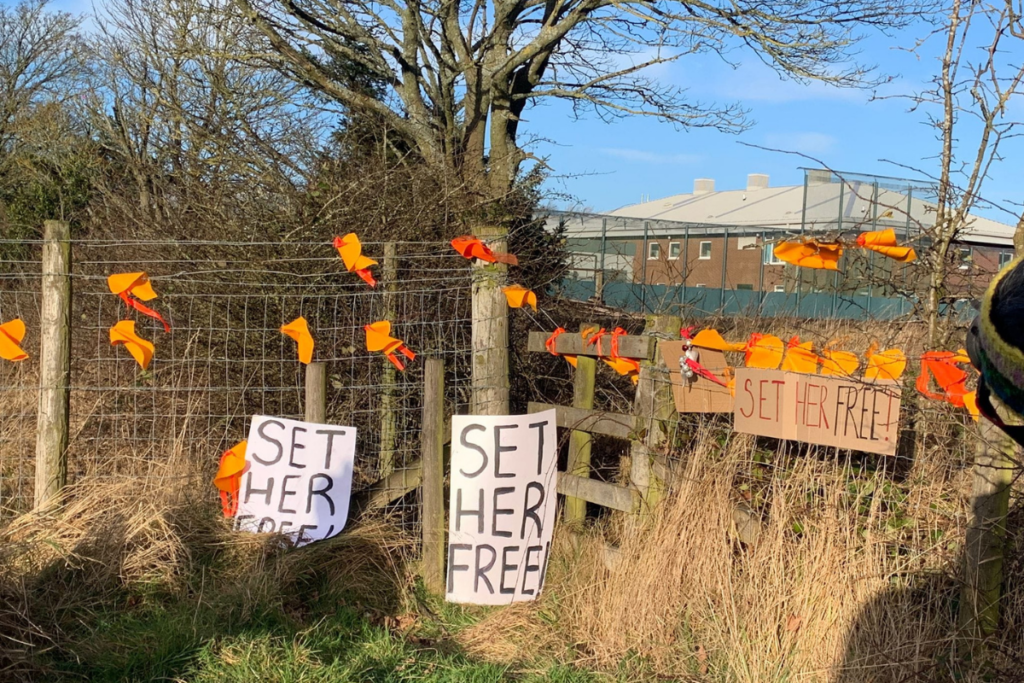
(By Dan Moshenberg)
(Infographic Credit: UK Ministry of Justice) (Photo Credit: Action Foundation)
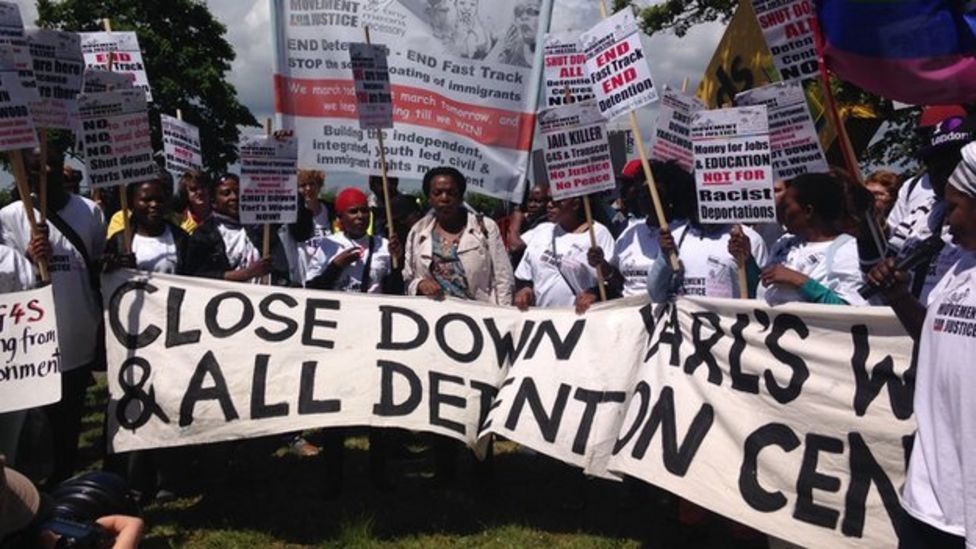

/arc-anglerfish-arc2-prod-shropshirestar-mna.s3.amazonaws.com/public/C2GFORFNFBAJFD5QAPMWSTO5NE.jpg)


